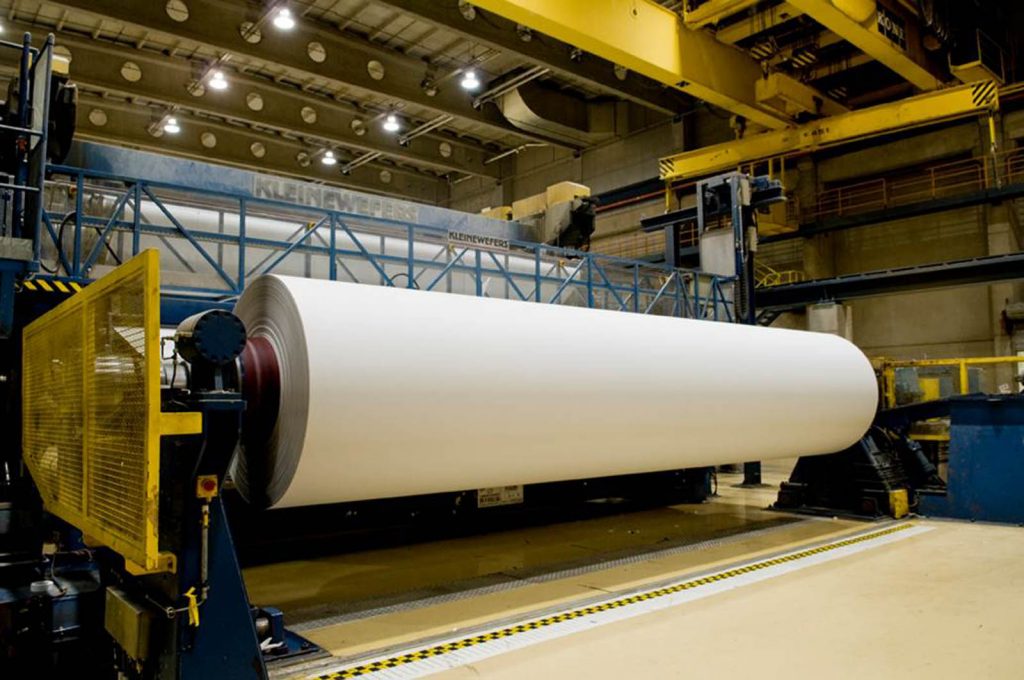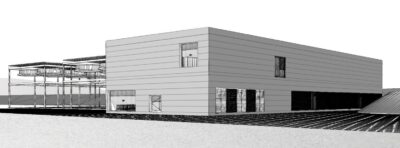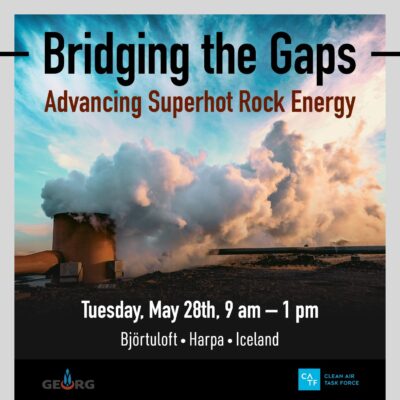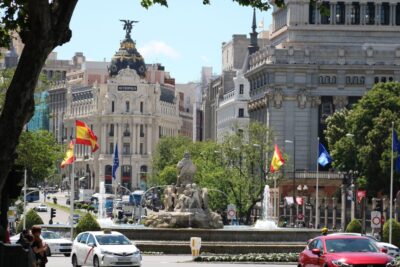Paper producer planning utilisation of geothermal at Renkum, Netherlands
A new geothermal project has been announced in the Netherlands with the plan to produce steam for use in a paper production facility and the utilisation for district heating in the municipalities of Renkum, Wageningen and Ede. This is part of a larger Green Deal on geothermal energy announced earlier.
As part of a larger geothermal energy effort, which we have been reporting on over the past 10 days or so, another consortium has shared details about their plans for the utilisation of geothermal energy.
Parenco, Vito, QNQ and Alliander Duurzame Gebiedsontwikkeling have signed the Dutch Green Deal for development of Ultra Deep Geothermal energy – planning the utilisation of geothermal energy for heat supply in the municipalities of Renkum, Wageningen and Ede
Dutch Minister for Economic Affairs Henk Kamp signed the Green Deal with a consortium consisting of Parenco, Vito, QNQ and Alliander Duurzame Gebiedsontwikkeling to stimulate the development of an ultra-deep geothermal energy project (“Project Renkum”), focused on supplying ~180 degrees Celsius steam for use in Parenco’s paper production processes, as well as utilizing the residual heat to feed a regional heat net in the municipalities in Renkum, Wageningen and Ede.
The support by the Ministry of Economic Affairs in the exploration stage marks an important milestone in the development of Project Renkum as there currently is limited geological data available at the targeted depths of over 4,000 m. Prior to the Green Deal, a regional agreement was signed in December 2016 between consortium members, local and regional governments and a broad group of other stakeholders to support the project.
This Green Deal is part of an agreement with seven Dutch geothermal projects and the Ministry of Economic Affairs, with the purpose to reduce the carbon footprint of Dutch industry by supplying high enthalpy heat. As such it is part of the Dutch Energy Agenda, which formulates a path towards a clean energy system built on renewable energy resources by 2050.
Source: Company release by email


















